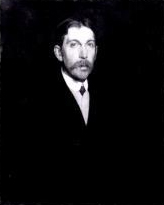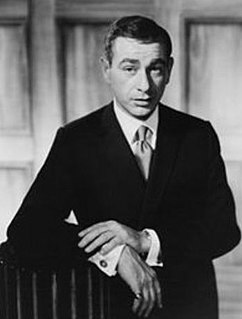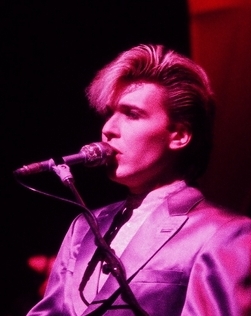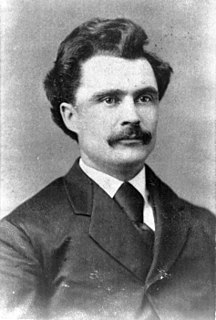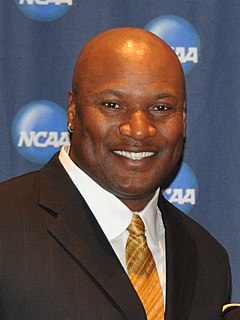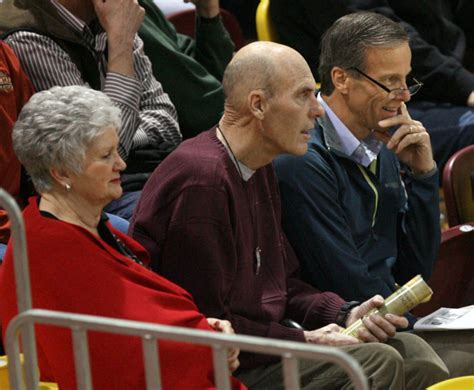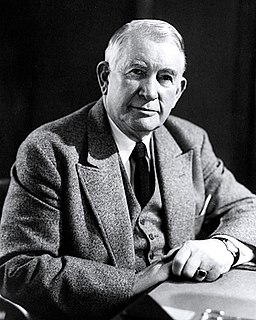A Quote by Frank Rutter
Edward Isaac Bickert in never one to blow his own horn - figuratively - he is one of the most modest and unassuming men in Jazz. But literally - he blows up a storm .
Related Quotes
It is very useful, when one is young, to learn the difference between "literally" and "figuratively." If something happens literally, it actually happens; if something happens figuratively, it feels like it is happening. If you are literally jumping for joy, for instance, it means you are leaping in the air because you are very happy. If you are figuratively jumping for joy, it means you are so happy that you could jump for joy, but are saving your energy for other matters.
I was co-editor of the magazine called The Jazz Review, which was a pioneering magazine because it was the only magazine, then or now, in which all the articles were written by musicians, by jazz men. They had been laboring for years under the stereotype that they weren't very articulate except when they picked up their horn.
I tensed for the spring, my eyes squinting as I cringed away, and the sound of Edward's furious roar echoed distantly in the back of my head. His name burst through all the walls I'd built to contain it. Edward, Edward, Edward. I was going to die. It shouldn't matter if I thought of him now. Edward, I love you.
He was the meekest of his sex, the mildest of little men. He sidled in and out of a room, to take up the less space. He walked as softly as the Ghost in Hamlet, and more slowly. He carried his head on one side, partly in modest depreciation of himself, partly in modest propitiation of everybody else.
Never in his life had Edward been cradled like a baby. Abilene had not done it. Nor had Nellie. And most certainly, Bull had not. It was a singular sensation to be held so gently and yet so fiercely, to be stared down at with so much love. Edward felt the whole of his china body flood with warmth. (page 128)
